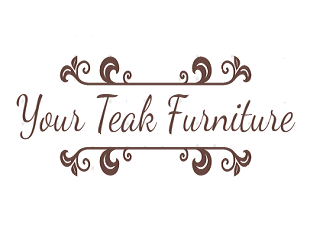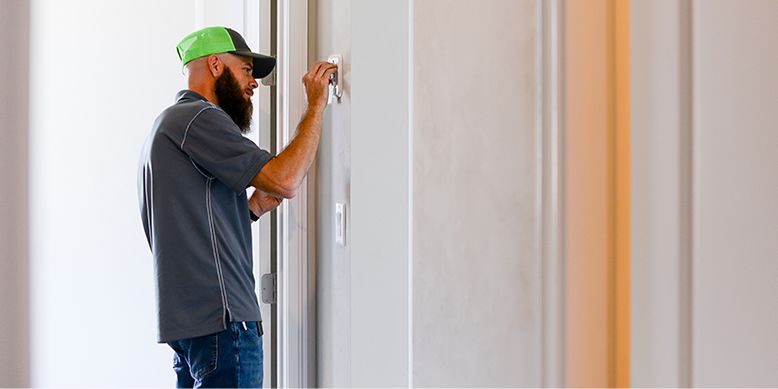Keeping your home cozy and healthy with the help of your HVAC system means maintaining its quality. However, even the most dependable systems can deteriorate with time, resulting in lower efficiency and higher expenses. Several signs will indicate it’s time to replace your old system, which can save you from unexpected malfunctions and guarantee your home remains comfortable year-round. Here are a few HVAC tips to help you identify these indicators.
- Age of the System
Have you checked if you have used your HVAC system for 10 to 15 years? Their efficiency declines with age, resulting in decreased performance and increased energy consumption. To prevent frequent maintenance and rising energy costs, it is wise to consider replacing your HVAC system whenever it is within or beyond this age range. - Frequent Repairs
Has it broken down again? An increase in the frequency and cost of repairs indicates that your HVAC system is nearing the end of its service life. Fixing an old system can be more expensive in the long run than investing in a new, reliable unit. - Rising Energy Bills
An inefficient HVAC system is likely to cause an abrupt increase in your energy bills that does not match an increase in usage. Older units use more energy because they consume more power to maintain the specified temperature. Switching to a more contemporary, energy-efficient system can reduce utility expenditures. - Uneven Temperature Distribution
Experiencing hot or cold spots in different areas of your home suggests that your HVAC system struggles to distribute air evenly. This inconsistency can result from failing components or ductwork problems, indicating that a system replacement might be necessary. - Unusual Noises
Strange noises from your HVAC system, including slamming, screeching, or grinding, indicate technical problems. Even though some issues are fixable, loud or continuous noises frequently mean that the equipment is nearing the end of its useful life and needs to be replaced. - Poor Indoor Air Quality
An increase in dust, allergens, or humidity levels within your home can be linked to a failing HVAC system. Older systems may struggle to filter and dehumidify the air effectively, impacting your home’s air quality and potentially affecting your health. - Excessive Dust and Dirt
If you notice more dust accumulating in your home despite regular cleaning, it could be due to an inefficient HVAC system failing to filter the air properly. Replacing the system can help maintain a cleaner indoor environment. - Humidity Problems
Have you noticed the air inside your home is wetter or drier? Your HVAC system should regulate humidity levels to keep your home comfortable. Once you begin experiencing excessive moisture or dryness, it may indicate that your system can no longer maintain optimal humidity, suggesting the need for a replacement. - Short Cycling
Short cycling occurs when your HVAC system turns on and off more frequently than usual, failing to complete an entire heating or cooling cycle. This behavior can strain the system, reduce efficiency, and increase wear and tear, signaling that a replacement may be necessary. - Use of R-22 Freon
The harmful effects of the R-22 refrigerant, which is frequently used in older HVAC systems, have led to its phase-out. If your system relies on this outdated refrigerant, sourcing it for repairs can be costly and challenging. A more economical and environmentally sound option is to upgrade to a new system that uses eco-friendly refrigerants. - Strange Odors Coming from the System
If you notice persistent musty, burning, or chemical smells coming from your HVAC unit, it could indicate serious issues like mold growth, electrical problems, or a failing motor. While some odors might be resolved with maintenance, ongoing problems suggest it’s time for a new system. - Inconsistent Thermostat Performance
If you keep adjusting your thermostat to keep the temperature agreeable, your HVAC system may not react as it should. Aged parts, bad wiring, or a general drop in efficiency could cause this—indications that a replacement is necessary.
Conclusion
These HVAC tips can help you spot the warning signs early and determine if you should replace your system. Investing in a new, energy-efficient unit enhances your home’s comfort and leads to long-term savings on energy bills and repair costs. Consult a professional technician for personalized advice and take the next best step for your home’s HVAC needs.

